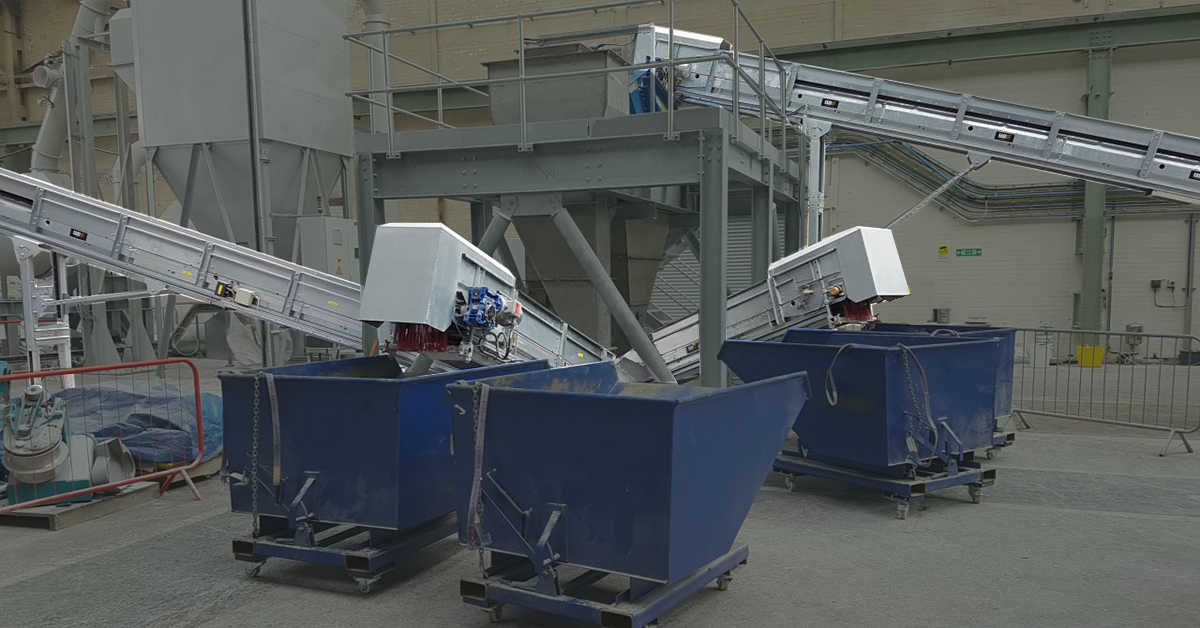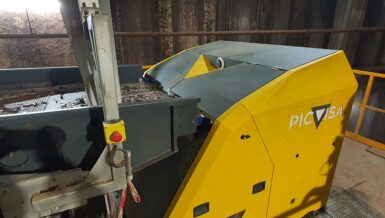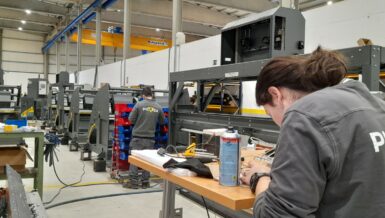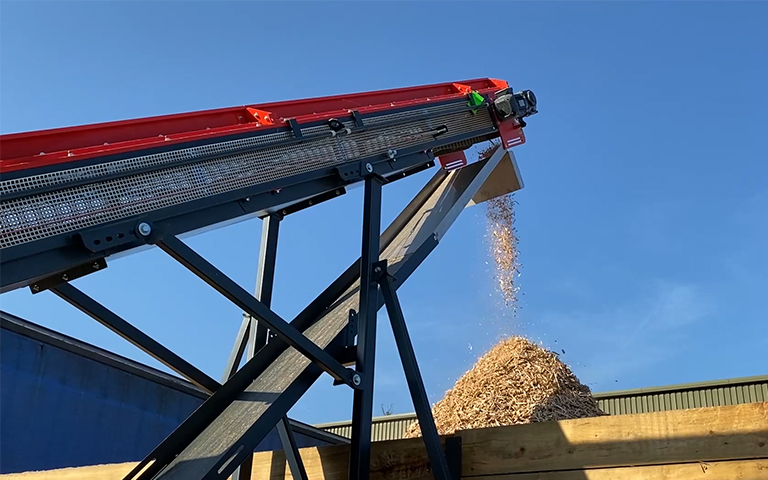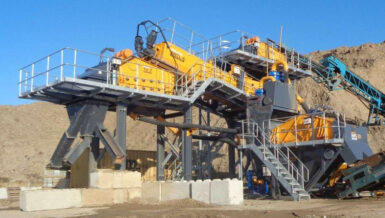The revolutionary EOWF platform and certification process creates a circular economy that ensures wine bottles are being recycled and avoiding landfills. Glass bottling is what Paul Dolan, Truett Hurst CEO, calls the “missing piece” to the equation of sustainable winemaking.
As a biodynamic winery, Truett Hurst has historically shown interest in creating sustainable products that are in tune with natural processes. However, some studies show that glass can account for nearly 60 percent of the carbon footprint in wine production and distribution. Manufacturing glass and transporting products are a “sore spot” in the industry that needs to be acknowledged and dealt with, according to Dolan.
“Since we sell our product in a wine bottle, it became of interest to me to find a way to guarantee and ensure our bottles were actually recycled. The particular process of making bottles uses intensive amounts of electricity and power. We recognize that it’s a challenge for us today, within the issue of climate change,” Dolan said.
There’s often a misconception that glass being thrown into a recycling bin actually gets recycled. More often than not, the glass will end up being thrown into a landfill despite consumer efforts. Nearly six million tons of glass will not be recycled every year in the United States.
Recent reports from CalRecycling show total recycling rates in California have declined from 50 percent in 2014 to 44 percent in 2016. The state is unlikely to meet its goal of 75 percent by 2020 without serious intervention or rethinking how the glass recycling industry operates.
California is one of only ten states that has bottle deposit laws, but California Redemption Value (CRV) does not cover wine bottles. And recently, Ontario-based company RePlanet, which had hundreds of CRV redemption centers across California, closed its doors. According to a recent report from the Los Angeles Times, Jamie Court, president of advocacy group Consumer Watchdog, considered the word “crisis” to be an understatement in regard to recycling.
Another part of addressing glass sustainability for wineries is the increasing costs of bottles manufactured in China. Most wineries in California use bottles made in China that are affected by tariffs, according to a report from Capital Public Radio. And recent legislation requires California manufacturers of new glass containers to use at least 35 percent post-consumer recycled glass, or 25 percent if the cullet is mixed-color.
The incentive is there to create a localized, efficient and circular economy around the glass. It’s what Dolan considers a tipping point for the wine industry. “It’s important for our company to take advantage of this idea at EOWF to ensure ourselves, our customers, our employees and our community that there is a way that we can all participate and invest in [sustainability],” Dolan said.
In order to offset costs and incentivize glass recycling, EOWF promotes a “Distributed Shared Responsibility” (DSR) model that puts product manufacturers, distributors, retailers and citizens on the same level.
Environmentally conscious businesses and consumers can contribute to a certificate-based system. After a consumer throws their bottle into a recycling bin, the Recycling Traceability System™ begins its cycle:
- MRF inputs quantities of sorted glass to be delivered to the processor.
- The processor validates quantities & reports glass cullets shipped to the manufacturer.
- The manufacturer validates quantities & reports recycled glass quantities to EOWF.
- A certificate encapsulating all the data is created.
- EOWF makes the verified quantities available in the marketplace.
- Sustainable businesses and citizens contribute to receive a Sustainable Packaging Certificate or Recycling Certificate to offset their carbon footprint.
“I think there’s a word that’s sort of thrown around in our [industry], and it’s the word ‘responsible.’ We have the opportunity to respond to something that we’ve become conscious and aware of,” said Dolan when asked about how the wine industry can handle sustainable bottling and global climate change. Dolan continued, “just by raising our hands and saying ‘ok we’ll do it too,’ starts to create this energy that becomes contagious and then it’ll become ‘the way’ instead of the alternative way”



